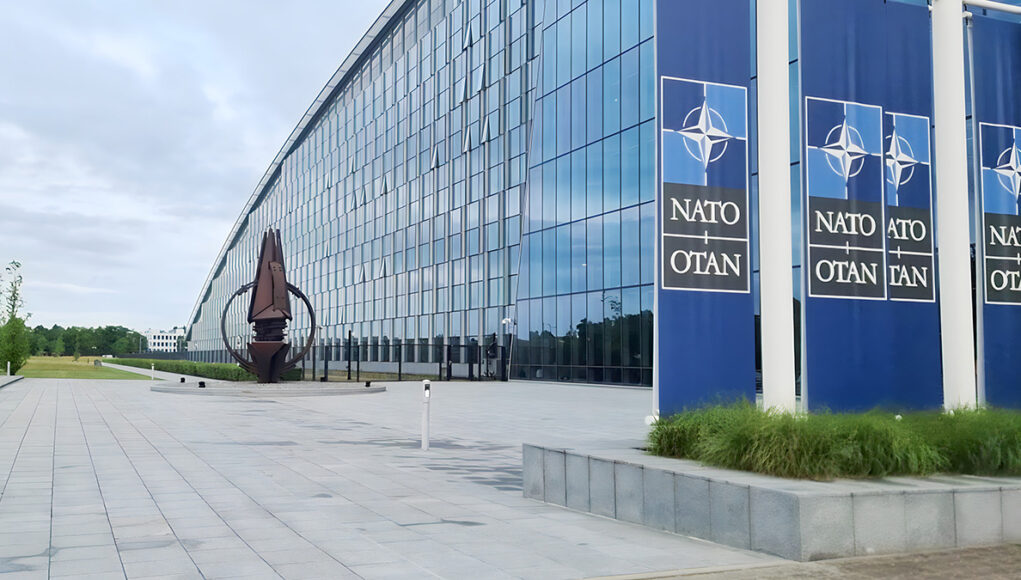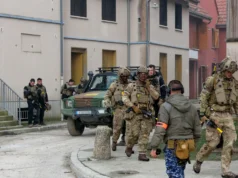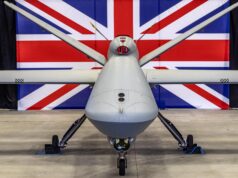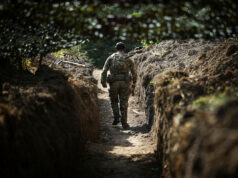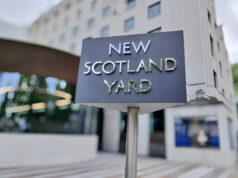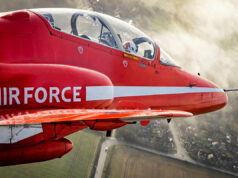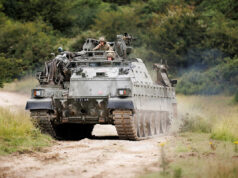The U.S. Permanent Representative to NATO, Ambassador Matthew Whitaker, visited Ramstein Air Base this week to observe how American and allied air and space forces are integrating capabilities to strengthen collective defence.
During the visit, Whitaker met with senior leaders from U.S. Air Forces in Europe–Air Forces Africa (USAFE-AFAFRICA), U.S. Space Forces Europe–Africa (SPACEFOREUR-AF), and NATO Air Command. The trip included operational briefings, a tour of the 603rd Air Operations Center, and a demonstration of joint counter-drone capabilities involving the U.S., France, and Germany.
“Seeing our air and space teams in action at Ramstein really drives home just how important NATO is to European and American security,” said Whitaker. “We’re not doing this alone. Our allies are stepping up, sharing the load, and helping us stay ahead of threats in the air, in cyberspace, and beyond. When we train and innovate together, we keep our troops safer, and we keep the peace. This is good for NATO and good for the United States.”
Lt. Gen. Jason Hinds, USAFE-AFAFRICA Deputy Commander, said integrated air and space capabilities are central to the alliance’s posture. “The ability to project airpower, respond rapidly to crises globally and deter aggression starts with a robust, integrated foundation of air and space capabilities.”
Brig. Gen. Jacob Middleton, SPACEFOREUR-AF Commanding General, highlighted the shift among European partners. “Our Allies understand how space capabilities are essential to regional deterrence and defence,” he said. “They hear the call for burden sharing and are prioritising building out their military space capability, which increases our readiness and improves regional security for all.”
Discussions throughout the visit focused on interoperability, joint air and missile defence, and greater burden sharing. Whitaker also held talks at NATO Air Command on combined space operations and air policing.


